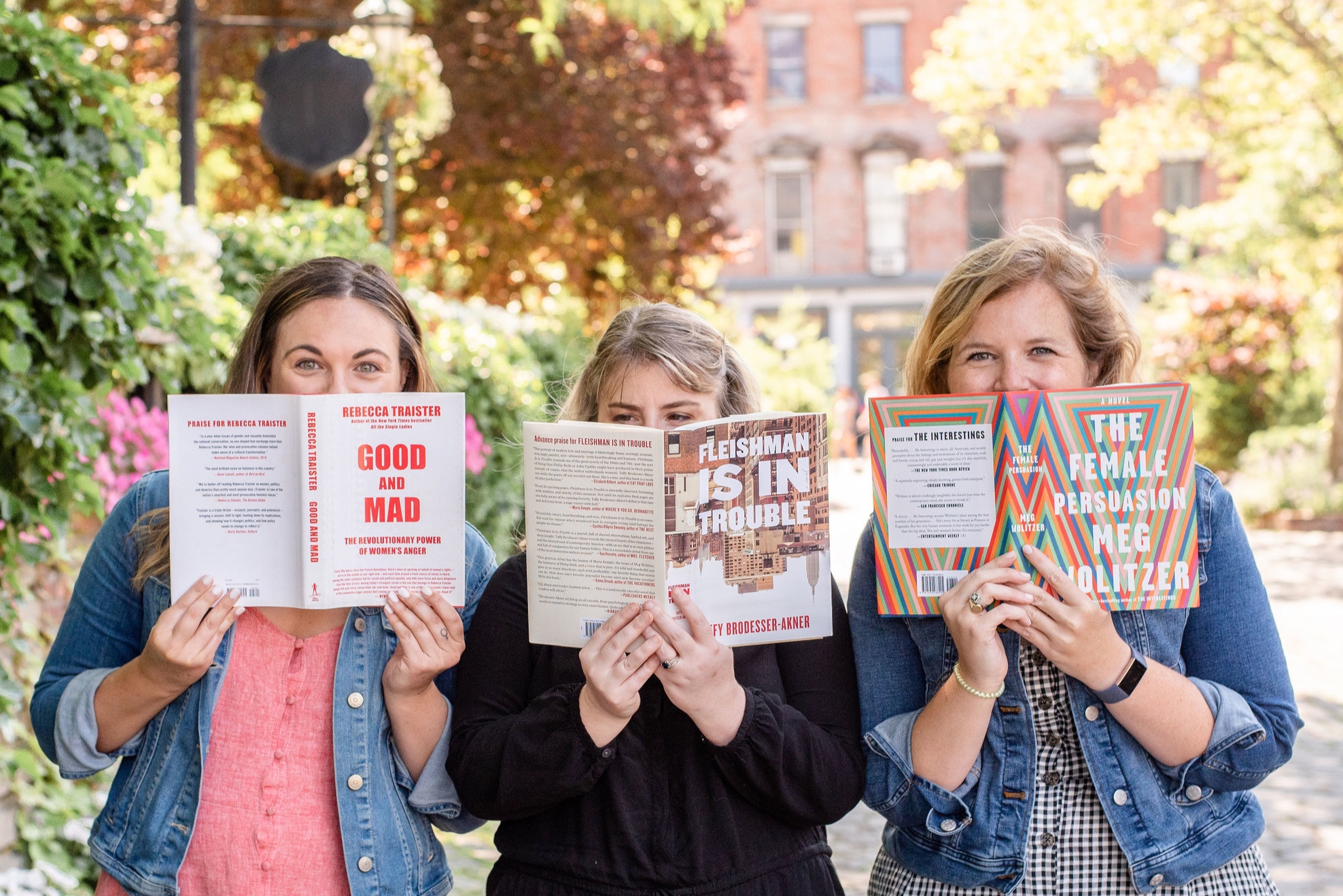Book Review: "The Things We Cannot Say" by Kelly Rimmer
“The Things We Cannot Say” by Kelly Rimmer
Synopsis: In 1942, Europe remains in the relentless grip of war. Just beyond the tents of the Russian refugee camp she calls home, a young woman speaks her wedding vows. It’s a decision that will alter her destiny…and it’s a lie that will remain buried until the next century.
Since she was nine years old, Alina Dziak knew she would marry her best friend, Tomasz. Now fifteen and engaged, Alina is unconcerned by reports of Nazi soldiers at the Polish border, believing her neighbors that they pose no real threat, and dreams instead of the day Tomasz returns from college in Warsaw so they can be married. But little by little, injustice by brutal injustice, the Nazi occupation takes hold, and Alina’s tiny rural village, its families, are divided by fear and hate.
Then, as the fabric of their lives is slowly picked apart, Tomasz disappears. Where Alina used to measure time between visits from her beloved, now she measures the spaces between hope and despair, waiting for word from Tomasz and avoiding the attentions of the soldiers who patrol her parents’ farm. But for now, even deafening silence is preferable to grief.
Slipping between Nazi-occupied Poland and the frenetic pace of modern life, Kelly Rimmer creates an emotional and finely wrought narrative. The Things We Cannot Say is an unshakable reminder of the devastation when truth is silenced…and how it can take a lifetime to find our voice before we learn to trust it. - Graydon House
Rating: 4.25
Trigger warnings: oblique references to the Holocaust, gun violence
Review: I have to admit, just by looking at the book and reading the title, I thought that I had already read this book. I read a fair amount of historical fiction, as you guys know, and nothing about the cover of this book made it stand out in my mind. That was an blind spot on my part — well like 90% of my fault, the other 10% goes to book cover designers that keep making books about women at wartime that look the same — but I am so glad that I have rectified it.
This is another dual story timeline — Alina, a Polish teenager living through the early days of the Nazi invasion and subjugation of her country, and Alice, a stay-at-home mom in Florida with a gifted daughter, a severely autistic son, and a distant husband. At the start of the novel, Alice’s Babcia Hanna has a massive stroke and is hospitalized; Babcia isn’t able to communicate well, and she keeps repeating a variation of “Babcia fire Tomasz Poland” to the bafflement of her daughter (who is a workaholic judge) and Alice. Ultimately, it becomes clear that she wants Alice to return to her hometown to solve some sort of mystery — yes, yes, I’m totally summarizing this, but I don’t want to give away too many details. We are spoiler free over here, but I don’t think it’s hard to realize that Alina is Hanna; that’s not the twist — the twist comes to be how did she get to Florida in 1943.
Admittedly, I haven't read a ton of books from the Polish perspective, much less from a devout Catholic protagonist; the Holocaust was definitely present within the book (Alina lived down the road from Auschwitz-Birkenau), but it wasn’t described in full. One of the key tenets of Alina’s character is that she is babied by the adults in her life, so she’s not sure what’s happening over there…or with the Resistance…or to Jews….until a man explains it to her. Yes, this is a big pet peeve of mine, can you tell?
It is rare that I prefer the modern timeline over the one in the past, but I really enjoyed Alice’s story over Alina’s. The challenges that Alice faced — her family situation, an overbearing mother, pushing herself out of her comfort zone, the death of a loved one — somehow felt much more urgent than Alina with the encroaching Nazis. Part of that is the way that characters were drawn, but I think it’s because Rimmer decided to focus more on Alina’s love story with Tomasz. Don’t get me wrong, there are definitely horrific things described in Alina’s timeline, but she seemed mostly sheltered from it until the very end of the book. As her heart broke, my heart broke, I admit that. There’s a lot that I’m not mentioning here concerning that, with a family mystery and a quest across Poland, but I really don’t want to spoil anything in case you plan to read this one, and with giving one clue, I’m afraid I’d spoil something big.
I have a few minor quibbles with the book — the previously mentioned mansplaining, the frequent (and weird) use of full names to make a point, the few typos I couldn’t help but catch — but all in all, I enjoyed reading this book. Once I got to about page 175, I didn’t want to put it down, and I loved the resolution of the last 50 pages or so. If this is a genre you enjoy, I would definitely recommend this book as something a little different.
TL;DR:
If you liked this, try these:
…anything else on this Lit Hit List of Women in World War II
If you click on one of the links in this article and make a purchase, She’s Full of Lit may receive a small commission. It doesn’t add anything to your price — we promise! Thanks so much for your support.



